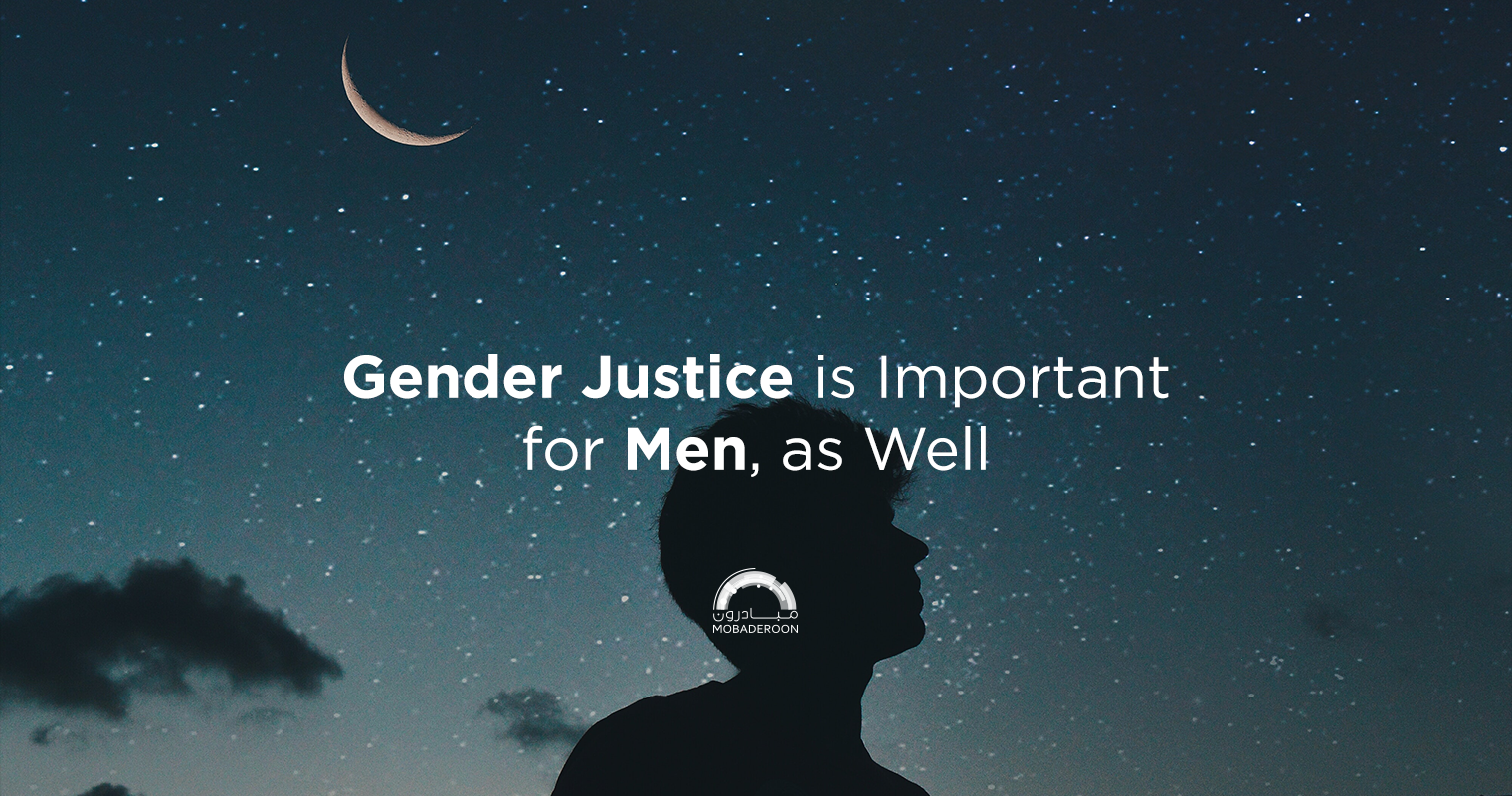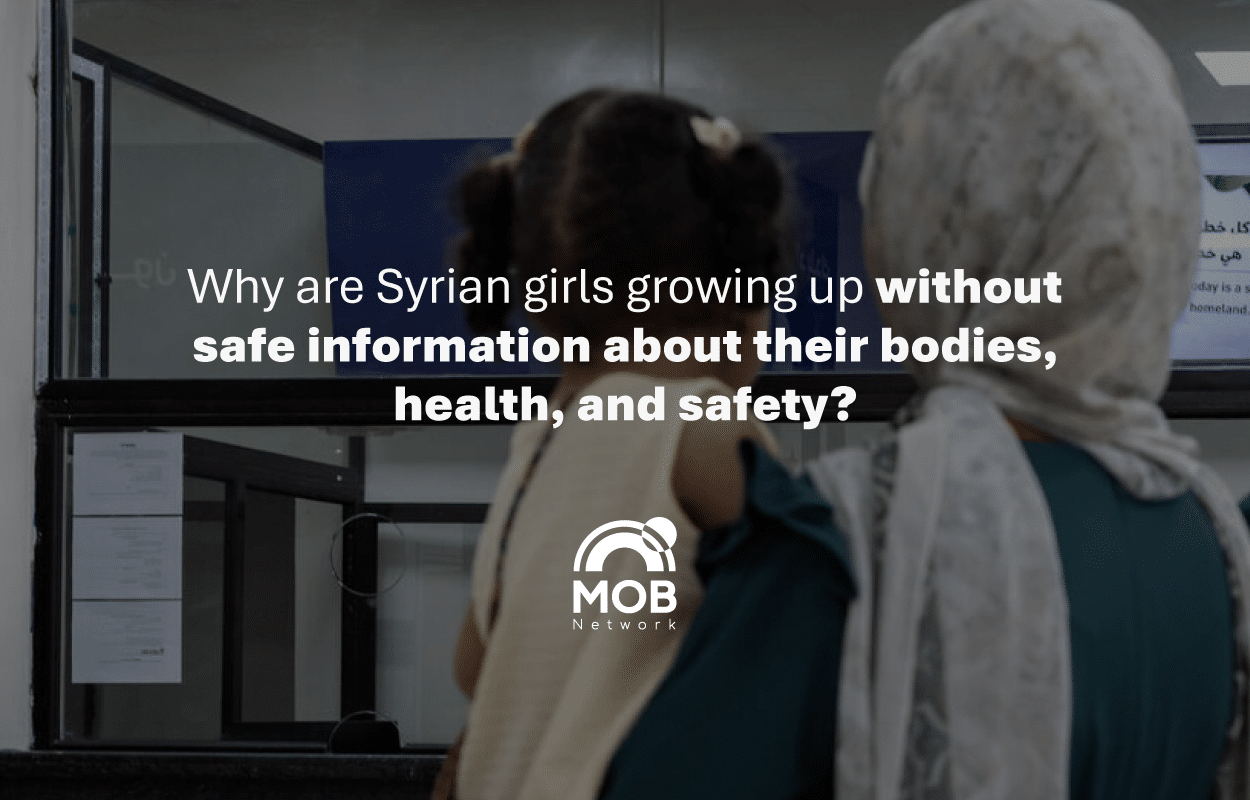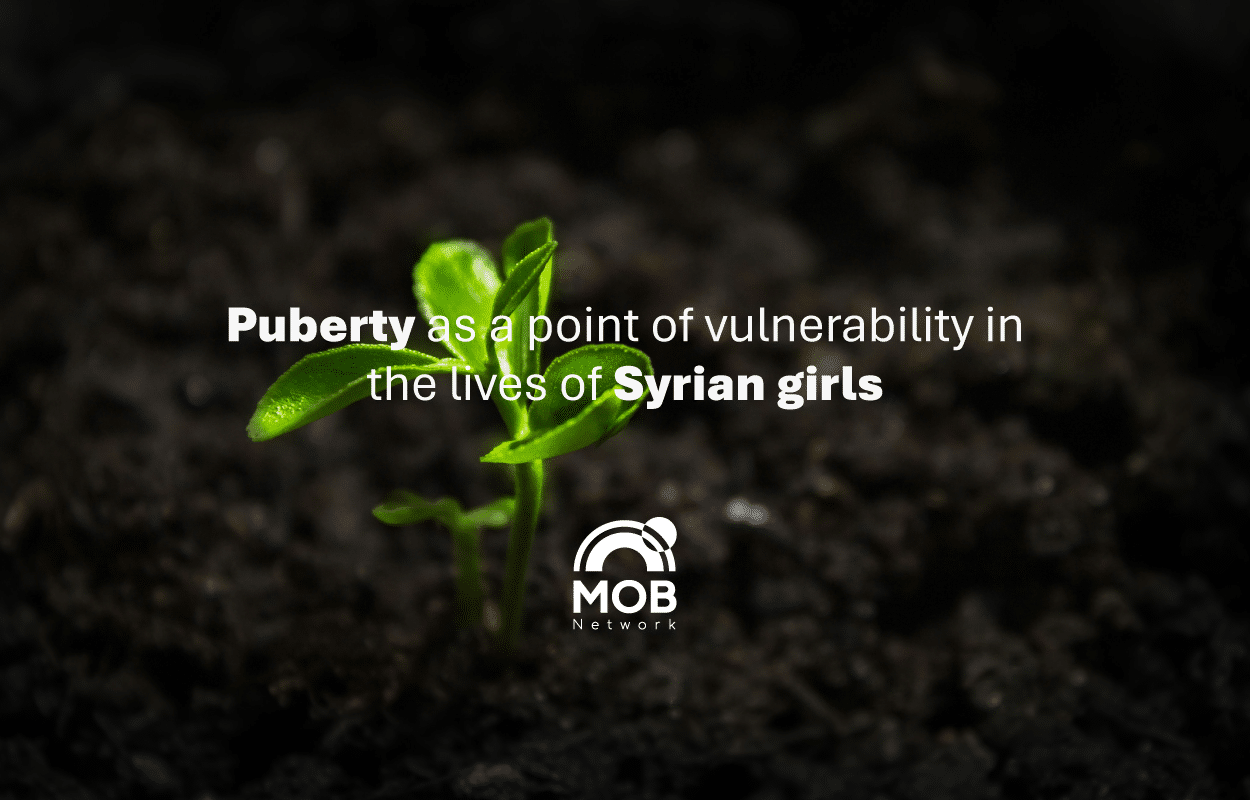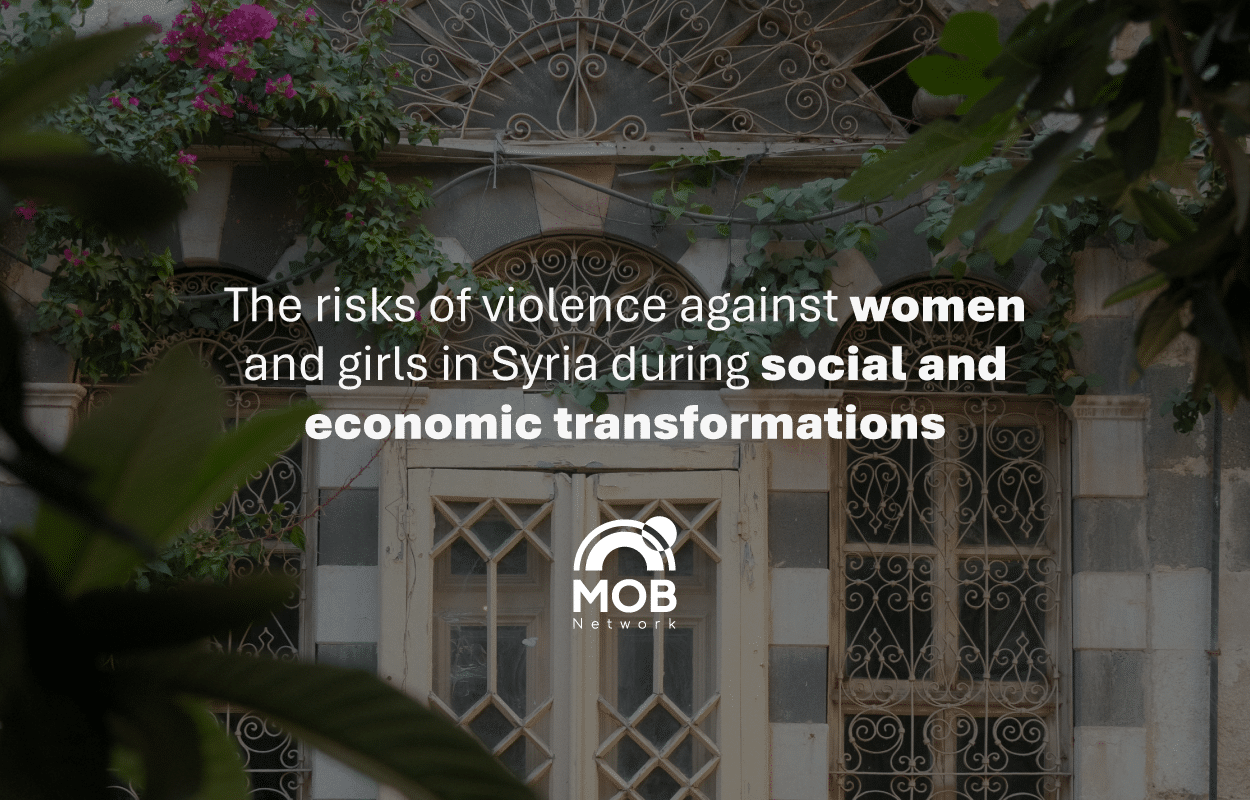We daily hear of many concepts and ideas regarding gender, feminism, and human rights; Daily messages that pour down on us about the absence of fair treatment.
Women do not earn money fairly, are governed by societal expectations about beauty, body, and affection, are unrecognized for their potential as leaders at home, at work, or even in society, and are limited to caring (welfare and upbringing) roles.
Most men feel comfortable when they see or hear of movements, ideas, and actions about improving human rights, but most of us feel threatened and tense at the mere mention of gender justice or any action taken in society to fill or reduce a gap in gender justice or rights.
Some men feel accused immediately, therein, and take a defensive, and sometimes hostile, stance towards feminism and gender rights, but what men do not know is that they are also oppressed by gender norms, and we simply have not learned or been trained to see them. All we have learned about gender culture is that men lose what they have or women win everything.
Perhaps, the greatest challenge men face in our time is the ability to overcome and break free from the negative norms and stereotypes surrounding masculinity and femininity.
We cannot continue with social life, men and women alike, unless we acknowledge the great changes that have taken place in the nature of gender interactions and relations in society, for the social gender has become emerged with all its patterns and customs that society puts on us that influence our rights and our political, economic and social gains for both women and men.
Although we owe women the fact that they put gender concepts on display by claiming their rights. Yet, still, the interests of men and women are similar in society, and the concept of gender is still largely vague for men, due to the belief entrenched by society that men are happy and privileged in the current situation and that they have the advantage and entitlement for many matters, which makes men happy without feeling oppressed or restricted by society’s gender norms.
But are we really happy as men? Can we bear the burdens of life and the persistence of social, political, and economic gaps between us and women?
Why is the largest suicide rate in the world among men, according to the World Health Organization (WHO)? And why are men forced to be the fuel for wars, conflicts, and social and economic disputes that have evolved into armed skirmishes that crush life?
Gender Issues:
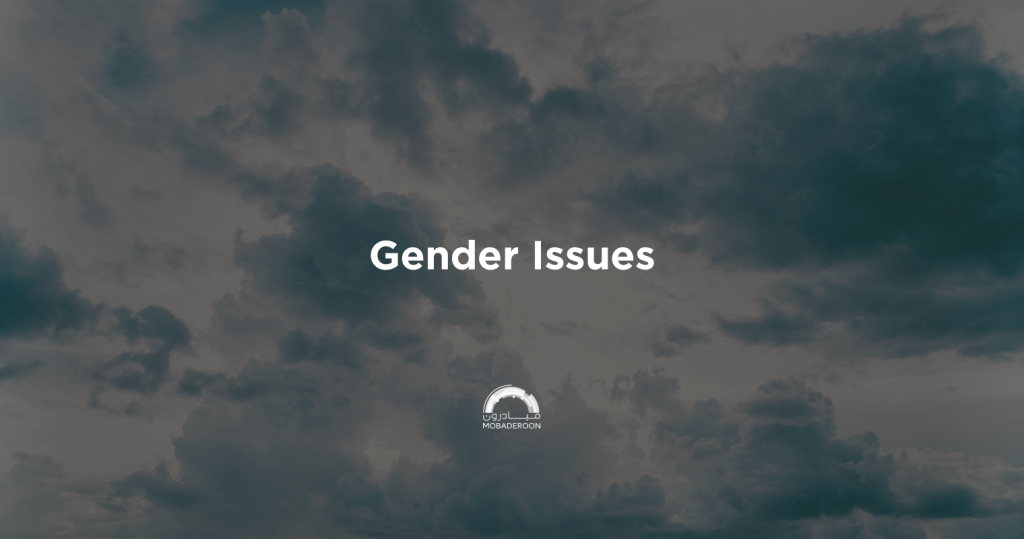
All the issues raised by gender rights are in favor of men as well, and since women’s lives are changing radically in societies, we have to ask ourselves: “What is also changing in men’s lives?”.
In his book “A Man’s Guide to Feminism”, co-authored with Michael Kimmel, social researcher, gender expert, and founder of the Center for Men’s Studies, Michael Kaufman, discusses how issues of gender justice are useful and necessary for men, and that one solution is for men to see the importance of gender in their lives as well.
The following are some of the gender issues mentioned in the book and how men benefit from supporting and claiming them for themselves and women alike in society.
· Independence:
Perhaps independence is the compass of the demands of feminists, and it is the basis on which the movements demanded the improvement of women’s opportunities in society in the 1950s, but independence is very important for men, and even women’s independence makes men’s lives more beautiful!
“We believe that men should support women’s autonomy because we believe in the rights of individuals to make their own choices about their lives. We believe that men care about the women in our lives and we want—our wives, our mothers, our daughters, our sisters, our friends, our lovers, our colleagues, and our workmates—to be happy, safe, and fulfilled as human beings.
More than that, it will benefit us as men. It’s more fulfilling and, frankly, more fun to be with people who are independent and strong, not supposedly weak, helpless, and dependent. It takes away some of the burden men often feel to always be in control, make the decisions, be the provider, and know where we’re going without asking for directions.”
· Beauty
“NEWS FLASH: Most Guys Dig Beautiful Women.
The problem arises when a woman feels valued more for her looks than for her brain, personality, or skills. It’s an issue when a girl is told by her teacher that she shouldn’t worry about math: “You’re pretty, you don’t need it.”.
This is reinforced by a barrage of advertising messages and sales of cosmetics, the diet industry, plastic surgeries, and fashion trends that do not stop and are not fixed from one country to another or from year to year, but rather differ from time to time. The beautiful woman of the 1960s may not be considered beautiful in the 1970s or the 1980s; Those who are considered beautiful in one country may not be beautiful in another. Half of the women do not feel comfortable or happy about their looks or their bodies, starting from the age of thirteen.
Men are also subjected to the same treatment regarding their bodies! In the case of men, the criteria relate to the extent to which the body appears slender, muscular, broad-shouldered, free of fat, with beautiful hair and a thick beard.
Men began to invade gyms and perform cosmetic operations related to hair transplantation and muscle sculpting. The criterion of masculine beauty is a mythical perception of the shape of the body that resembles statues of Greek gods. There are even brands of makeup for men, which had an impact on the mental health of men, turning into a complex that psychologists call the Adonis complex.
This does not mean not appreciating the beauty and shape of the body for men and women, but we can together, men and women, invest the claims to think about healthy bodies in shape and mind and employ their resources in a better life without drowning in the details of depression, eating disorders, judgments of appearance, and drifting behind the fluidity of consumption.
Certainly, all men benefit if the only factor of beauty is the shape of the body, for we all are beautiful men and women in someone’s eyes.
· Sexual Harassment
Despite the improvement in work environments towards dealing with women and men, the problem of sexual harassment is still a reality in most countries of the world regardless of its location on the gender equality index. All efforts have not succeeded in removing this problem despite the addition of procedures, laws, and policies to confront it, with an impact on the work environment, and public and virtual lives for both sexes, as many men and women are confused about the behaviors that are permitted or not allowed in and outside the work environment.
Where many men go to work feeling as if they are working on a broken glass plate, some men follow a recipe that they find comfortable and treat their female colleagues as they would like other men to treat their mothers, wives, or daughters; everyone deserves a welcoming and non-hostile work environment free from the abuse, an environment that stimulates creativity and productivity, which are the objectives of the guidelines and standards for dealing and limiting harassment in the work environment.
This interest in the work environment and the reduction of harassment is another benefit for men in the work environment. The application of these guidelines to all men and women transforms the work environment into an environment free from disturbance, abuse, or bullying between men and women, men and men, or between women and women, so that we all have a comfortable work environment.
· House Chores
Indeed! Because of gender rights and feminism, men also have to perform house chores like cleaning, mopping, dusting the floors off, and cooking!
In fact, house chores are considered arduous work, requiring muscular and mental efforts like any other work, and are not always pleasant. Men are described as open and liberated when they help or take the initiative to help with the housework, which may be considered profitable professions outside the scope of the home.
But our view of housework must change to become “collaboration in housework”, just as the reality of work outside the home has changed, and it has become desirable for women to participate in it, and it is not fair for men to lose the pleasure of taking care of themselves and their loved ones.
Many remember a mother who is always present as a care provider with unconditional love more than they remember their father who is sitting in front of the TV screen or is always absent from the house, and perhaps today men no longer want to perpetuate this memory in their children.
Beyond the participation of the husband, this extends to the education of the children, so organizing and arranging their needs, and taking care of themselves are forms of independence that men seek to maintain, and the changes in life circumstances require that men and women must learn these skills.
The biggest gain for men from sharing the burdens of the house is that they will be happier and more in communication with their partners and more appreciated by their children, and their health will be better because they will take care of themselves in the best way for them. It is in the interest of all men to maintain the health and enthusiasm of their wives so that men and women have more time for marital life and communication and health. So, perhaps it is healthy today for the husband to be an active participant in the home, not an assistant as if it is axiomatic for the woman to carry out these burdens alone.
· Justice Regarding Job Opportunities
The work environment and job opportunities around us are constantly changing, and it is no secret that most of the assumptions of the distribution of previous job opportunities have changed, and it is no longer only the muscular effort that evaluates work, although it is still strongly calculated; the muscular effort at work is not only for men anymore.
Many women work in factories and fields, exerting muscular effort just like their men peers, especially with the development of technology, the mental effort has become a better measure in the era of remote work.
In light of the current economic reality, men welcome women’s efforts to reach justice in job opportunities these days. Families today need two good incomes.
An inclusive work environment for women and men expands the economic pie in these changing times. When women bring a different perspective to work and sharing the burdens of income is a healthy matter, imposed by logic, and men aspire to teach it to their daughters and sisters to ease the burdens of providing for them in an unstable economic environment.
· Intersectionality
Intersectionality mainly focuses on the fact that we cannot generalize people’s identities and experiences. Women’s experiences are not all the same, and what a white European woman prefers, experiences, or suffers from is different from what a Middle Eastern, Muslim, or black woman prefers, experiences, or suffers from.
Intersectionality is not satisfied with gender or discrimination related to gender as a source of suffering, but rather perceives other sources of suffering that intersect to form a structure in which social class, gender, race, and other sources of discrimination, violence, or entitlement.
Not all women are the same: Rural, non-urban, and multiple sources of discrimination intersect to form the experience and the suffering of each individual, which form an intersection with all the social, gender, economic, and cultural identities. There is no single general source of discrimination, nor a single general form of privilege and entitlement.
Intersectionality is also in the interest of men. Not all men are white, from the middle or wealthy classes, and not all of them live as corporate directors, influencers, or have political authority. When we think of intersectionality, we find it even more important as it enables us all, men and women, to see our identities in all their parts and diversities, and frees men from generalization and guilt.
· Alliances
Men are allies of women, and women are allies of men. The alliance with women is not limited to the journey of improving living conditions and expanding opportunities for rights for women and men out of a sense of guilt, but rather as a human act, a rightful and self-evident duty.
The interests of men and women are common, and human concerns are the same, and a community can only advance with the advancement of men and women within it. Therefore, this alliance is important to achieve justice, equality, and a healthy life to continue in a better way.
Author: Mohammad Khier Al Tinawi
lawyer and social activist

